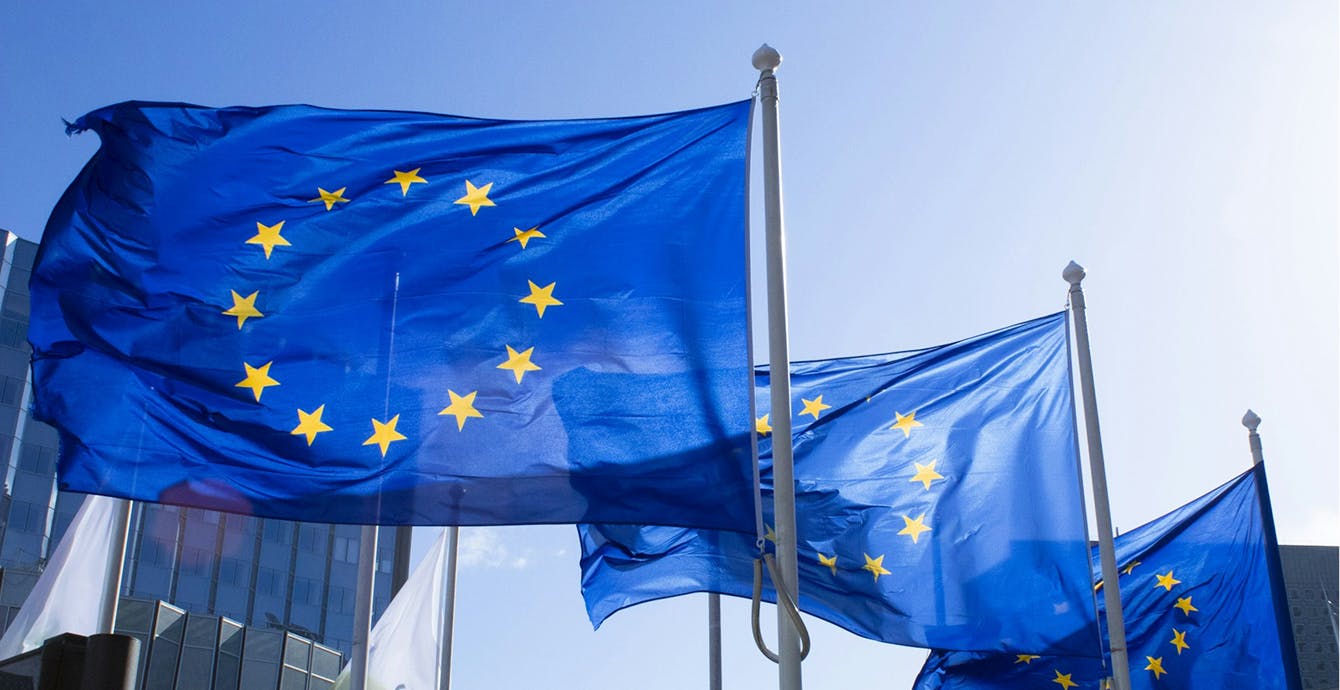We support the most ambitious
companies worldwide

Trusted by over 3,500 Ambitious Climate Leaders worldwide.
The ultimate climate solution for all companies
They already transformed their business with us


“Greenly's onboarding and dedicated climate expert support was outstanding. Their guidance throughout the process made a huge difference.”
Jonathan Ciccio
Continuous Improvement Manager
- +40% accuracy in the quantification of carbon emissions
- -60% on annual costs compared to a consultancy solution
Read the full story
→
Sustainability is at the core of Forest's mission. As we grow, it's crucial to have carbon reporting partners who can provide the support we need to stay on course for sustainable, responsible, and thoughtful growth. Greenly has helped us sharpen our focus, continually reminding us of the important work that lies ahead.
Laura Elms
Head of Sustainability

Greenly has enabled us to turn our environmental ambitions into a concrete and collective roadmap: a clear, ambitious, and meaningful net zero strategy for both our teams and our partners
Laure Brenas
Continuous Improvement Manager

Our partnership with Greenly underscores our commitment to sustainability and our proactive approach in reducing our carbon footprint. Through this collaboration, we are able to measure, manage, and mitigate our greenhouse gas emissions effectively.
Keith Ockenden
CEO






